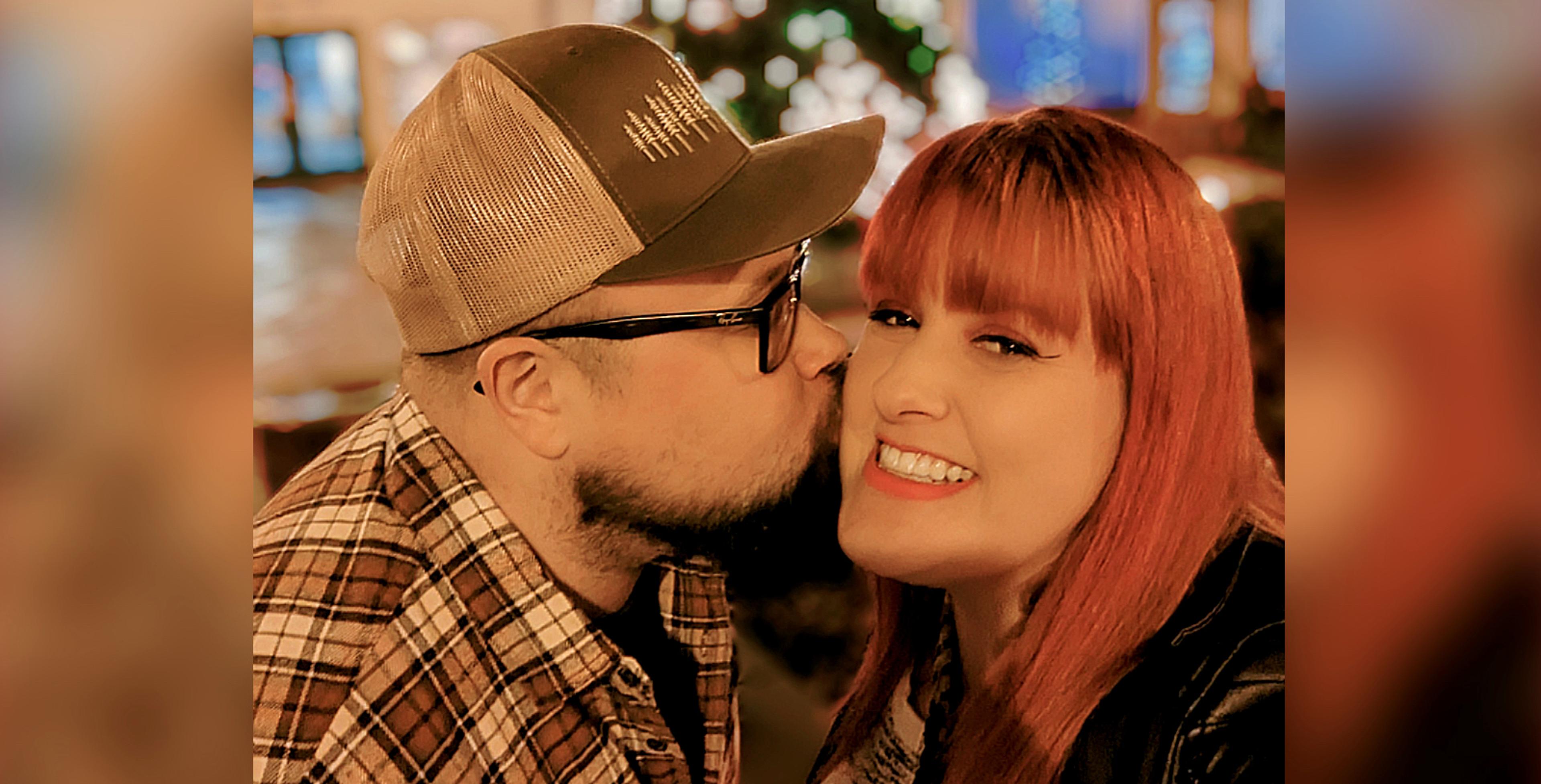How I Protected My Mental Health While Dating

Monica Drake
| 5 min read

From my mid to late-20s, let’s just say I went on my fair share of dates. And, as someone who deals with anxiety on a normal day, during these years, I was even more anxious than usual.
Since the unknown is one of the biggest triggers for my anxiety, it’s no wonder that dating had such an effect on me. I hated the unpredictable and complete lack of control in these situations. The derogatory messages on dating apps. The ghosting. The games. The anxiety that comes from wondering "Will they text me back?" And sometimes insults when things didn’t work out.
I remember one time, I hung out with a guy every Tuesday for a month, and when I asked if we could meet up on a Saturday, he called me clingy and needy and stopped talking to me. And it made me question myself, thinking there was something wrong with me – instead of realizing he probably had a designated girl for every day of the week. But, since I already struggled with my self-esteem, when just one person said anything negative about me, I believed it was true because that's the way I felt about myself.
I know it’s more common for those with depression, anxiety disorder and other mental health conditions to struggle with their self-confidence. And, while dating, you are in more situations than ever that can affect both your confidence and mental health.
For me, it was really a struggle to stop thinking it reflected my own self-worth when someone objectified me or told me they weren’t interested. So, I had to repeat this to myself like a mantra: Just because someone doesn’t want to be with you, that doesn’t mean something is wrong with you!
"Chemistry — the 'spark' or that feeling in your stomach you get when you’re around someone you think is attractive is a very subjective feeling not based on anything that makes logical sense," writes Megan Boley, copywriter for the relationship blog P.S. I Love you.
"You didn’t do anything wrong. You’re still a stellar human being who’s interesting and beautiful and attractive, even if one person doesn’t think that you are."
I also learned there are people out there who are just plain cruel. Recently, my friend told me how she was busy with her kids one day and didn’t have time to text back the guy she was talking to. The next morning, when she apologized, he started swearing at her and calling her derogatory names. All because, for just one day, she didn’t text him.
Oftentimes, people are even more cruel when hiding being a phone or computer screen. If you’ve gone through something like this, know that you didn't do anything to deserve the way you're being treated – and be thankful that at least this person showed their true colors early.
When I was dating, I also had to remind myself that it was okay to grieve when something didn’t work out. There shouldn't be a timeline for that. I once had a relationship end after four years, and I was relieved because I knew, deep down, that we weren’t good for each other. At the same time, I’ve had things end with someone after a couple dates and was devastated. Instead of telling myself to, “Just get over it. It wasn’t even that much time!” – which only made things worse – I instead let myself feel how I was feeling. I would identify how I was feeling, realize that my feelings were valid, give myself time to mourn, and then move on.
I also found that it’s important to know your own power when it comes to dating too. When you struggle with your self-esteem, you may be unconsciously giving all the power to the other person. You may be overlooking the things that just aren't right because you want to feel wanted by another person. You may feel like you're the one being rejected all the time — but you need to realize your own self-worth. If you don't feel that "spark" or you're not being treated the way you deserve, take your power back and end things. Dating isn't a one-way street; it's about what you want too.
And, if you're feeling a strain from dating, take a break. I took a dating hiatus for several months at the end of 2016 after dating pretty consistently for more than two years. I was emotionally exhausted and didn't want to get to know anyone else just to have it end and start all over again.
For me, during that break from dating, I actually ended up meeting my fiancé, who I will be marrying in October. He kept in contact with me for six months, even though I kept avoiding him whenever he asked me out on a date because I figured, "What's the point? It's not like it's going to work out anyway."
Because I took that break from dating, it opened my eyes to the fact that there was a good, stable person out there who liked me enough that he was willing to wait six months for me to be ready to date again.
I think breaks from dating are necessary for your mental health, to make time to focus on yourself and your own needs. Spend the time you would have spent dating on a new hobby, going to the gym, traveling, taking some classes, hanging out with friends, etc. Your break could reveal to you the people in your life who are actually worth it.
Opinions expressed in this blog belong solely to the author and do not necessarily reflect the opinions or beliefs of Blue Cross Blue Shield of Michigan or its subsidiaries and affiliates.





